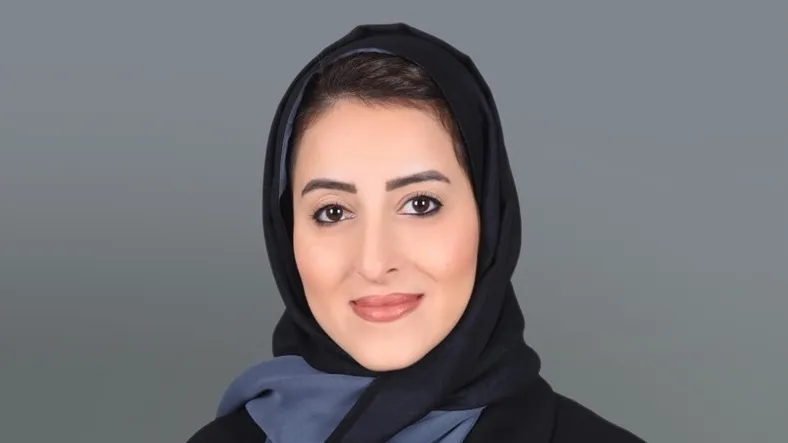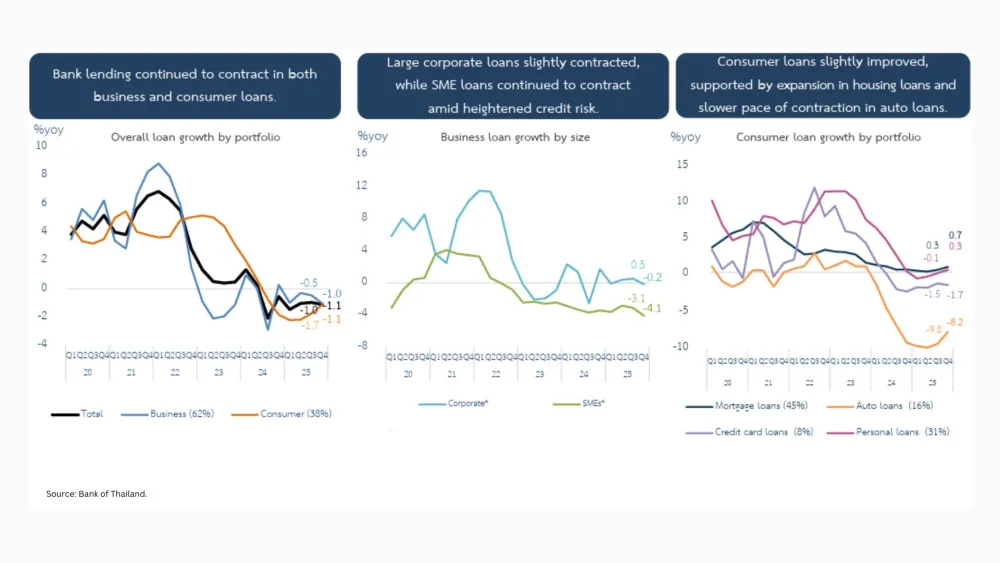
SMEs, crypto regulations key to Bahrain’s fintech ambitions
Stablecoins and crypto payments are areas of interest for the central bank.
The Central Bank of Bahrain (CBB) is prioritising small business financing, crypto assets, and open finance as it tries to position itself as the fintech hub of the Middle East.
Small and medium enterprises account for more than 90% of all commercial registrations in the Kingdom of Bahrain, Yasmeen Alsharaf, director of the fintech and innovation unit at the CBB, told Asian Banking & Finance at the Singapore Fintech Festival 2024 on 6-8 November.
They are a significant part of the economy and generate employment, she pointed out.
“Catering to SME financing — closing the existing SME funding gap, utilizing fintech solutions, and encouraging collaborations and partnerships between banks and fintechs to close the existing funding gap — that's our first priority,” Alsharaf said in an interview.
Stablecoins — cryptocurrencies whose value is pegged to that of another currency or commodity — and crypto payments are other areas of priority for the central bank over the next 12 months. In October 2024, the CBB issued a consultation on the regulation of stablecoins.
“We will soon also be complementing that with the consultation to explore the opportunity to allow banks to also engage in offering Stablecoins,” said Alsharaf, who in 2017 led the first dedicated fintech unit not just in Bahrain but in the Middle East and North Africa (MENA) region within the central bank.
“We are currently in the process of benchmarking other jurisdictions when it comes to crypto payments,” she added.
Here are the excerpts from his interview.
What are the central bank’s fintech hub ambitions?
Bahrain has long been perceived as a financial hub in the region due to a number of reasons — first of all, our very progressive regulatory framework, our progressive legislation at the national level, our talent pool, and also our location within the Gulf. Our location used to be very ideal for the trade business as well. So all these factors came together and positioned us as the hub or gateway to financial services for the GCC (Gulf Cooperation Council) and the wider MENA region as well.
We've built on that reputation when it comes to fintech, being the first regulator in the region to put in place enabling regulations to establish the first onshore regulatory sandbox, creating the first dedicated unit as well. We've accomplished a number of initiatives when it comes to enabling and fostering fintech from different regulations, such as open banking, crowdfunding, crypto, and other regulations.
And we keep on updating our rules, our rule book, and we're now on the verge of combining a risk-based supervisory approach to a principles-based supervisory approach. Combining both together, I think, is very ideal for us to ensure that we foster innovation without compromising the financial stability of the economy of the kingdom.
What do you mean by principle-based regulations?
We believe that proportionality is very important, and the way we may regulate and supervise a traditional bank may not be the best approach for regulating and supervising a new fintech entity. There's a lot to take into consideration.
Proportionality becomes very important for us. We believe having that kind of approach is very ideal to creating a friendly regulatory environment for fintechs.
Just one point to mention as well, which is very important to highlight: the Kingdom of Bahrain is the first country in the region to successfully diversify its economy away from oil and gas. Around 84% of the contribution to GDP comes from non-oil sectors, with financial services being the largest contributor to GDP today. It's a very, very important sector to us in Bahrain and within financial services, we also have a number of other priority sub sectors, fintech obviously being one of them as well.
How is the central bank working to combat money laundering and terrorist financing?
This is a challenge that regulators around the world are facing, and the challenge is how do we balance between maintaining financial stability, managing and safeguarding investors, managing risks without compromising innovation within the financial services sector? Having a balanced regime in place is the answer to that.
In the Central Bank of Bahrain, back in 2017 when we established the sandbox, that was a very insightful move for us. It provided us with a lot of insights on the emerging business models, and it allowed us to continue to have an open dialogue with the innovators in the market — to understand those emerging business models and associated risks, and to customize and tailor for those risks when formalizing the policies and the regulations.
We also always engage in industry consultation. When we draft new regulations, it's important for us to hear back from the industry and to make them part of the dialogue as well.
In addition to all of that, we also collaborate with other authorities within the Kingdom of Bahrain. The Financial Intelligence National Center is one of them, and they focus on combating money laundering, combating the financing of terrorism (CFT), and they kind of liaise with all government authorities, the Central Bank of Bahrain being one of them.
So there's a lot of collaboration, cooperation happening there as well to ensure that we've really had a strong grip on anti-money laundering, on CFT. Cybersecurity, again, is another area.
Like you rightly mentioned, with the use of technology, technology-related risks are exacerbated, cybersecurity being one of them.
To combat that, we've also made specific arrangements within our rule books and specific requirements on cybersecurity.
How important is it to regulate crypto and blockchain activity to achieve Bahrain’s ambition to become a global leader in fintech innovation?
So blockchain as a technology is not really regulated. What we regulate are the regulated financial services that are built or are utilizing those technologies.
We believe that there's a lot of opportunities when it comes to digital assets, a lot of use cases out there. And again, going back to what I mentioned earlier, a balanced regulatory framework is important to have in place to support those use cases whilst maintaining safe financial operations.
How is the Central Bank of Bahrain addressing risks and gaps in crypto and deregulated finance?
In 2019, we issued bespoke regulations on crypto assets. We've benchmarked the regulations and other jurisdictions. We believe that's the right approach to be in line with international best standards as well.
Within the rules, we have provisions to safeguard against many of the associated risks. We've got KYC (know your customer) requirements imposed on those licenses. We've got transparency requirements, record-keeping requirements, requirements on investor protection as well, and safeguarding the custody of the underlying assets, as well as cybersecurity. All that is taken care of within our crypto asset bespoke regulations.



















 Advertise
Advertise












